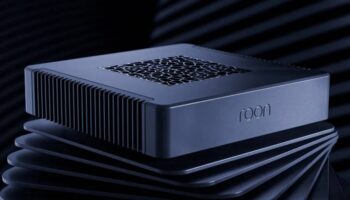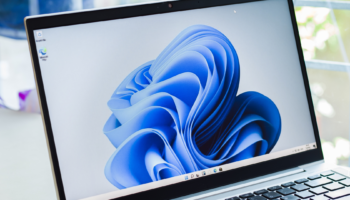Porsche has an unenviable launch schedule this year, with the Macan EV, updated Panamera, and record-breaking Taycan Turbo GT all going on sale.
However, things are about to get a whole lot busier with the revelation that its iconic 911 would also feature battery packs by the end of 2024.
That’s right, the automobile that has been fueling the mid-life crisis for over 60 years will go hybrid this summer, with Porsche confirming that its plans to add batteries to the 992 911 are well advanced.
The car, informally referred to as the ‘992.2’, will bridge the gap between what is currently on sale and an all-new ninth generation model that is set to debut sometime in 2027/2028, and may probably be offered in a pure battery EV variant for the first time in the 911’s history.

According to Autocar, the hybrid vehicle will be released alongside a new four-wheel-drive model and will have a powerful combination of Porsche’s turbocharged six-cylinder engine and a “specially designed electric motor housed within the front axle assembly”.
The engine will drive the rear wheels, while the electric motor will provide additional torque to the front axle.
It’s likely that Porsche will use a technology similar to that found on Mercedes-AMG’s massively powerful and recently unveiled SL 63 S E Performance, which features a high performance, F1-inspired battery pack capable of charging and discharging in milliseconds for dramatic power enhancements.
With that in mind, the hybrid system will be used to achieve high power outputs and impressive performance figures rather than to provide significant emissions-free mileage.
Porsche bets on batteries

Purists will undoubtedly detest the new announcement that the German brand’s classic sports vehicle will go hybrid; we can already hear the “is nothing sacred?!” exclamations.
However, Porsche is now primarily an SUV manufacturer, with crossovers outselling sports cars by about three to one in the United States alone. We already know that the future of the Macan and Cayenne will be electric.
With ever-stricter emissions legislation enforced by various regulatory organizations, Porsche will increasingly rely on battery technology to reduce its fleet’s average CO2 output. However, it makes excellent financial sense to focus on the development of a single technology and use the ensuing knowledge throughout the firm.
It will be difficult to say goodbye to the German manufacturer’s roaring flat-six powerplant, but its time on Earth appears to be coming to an end.






